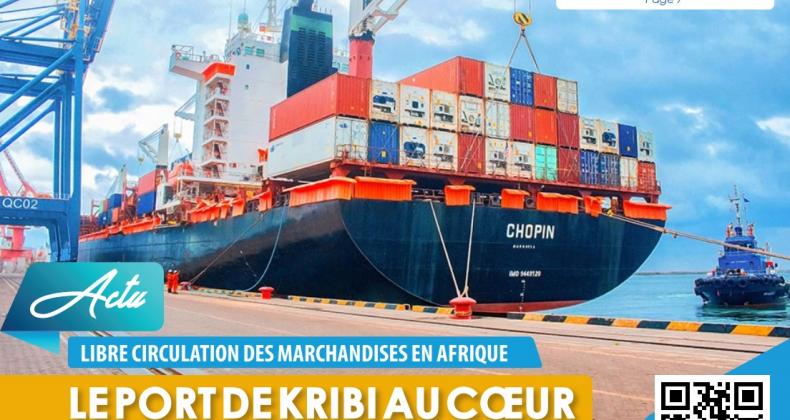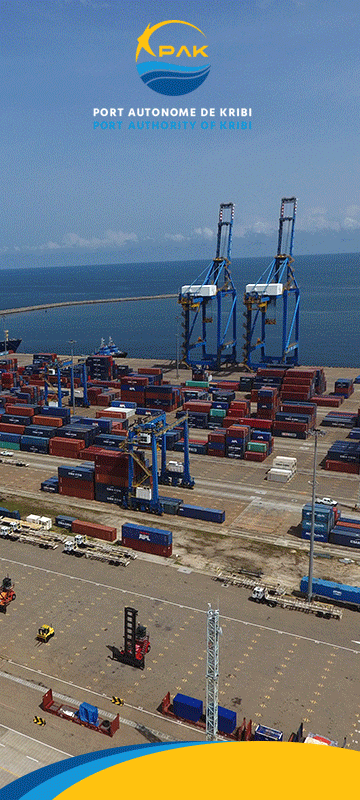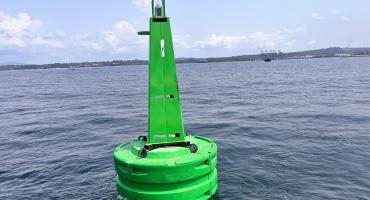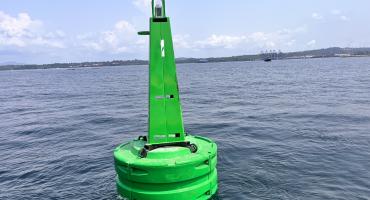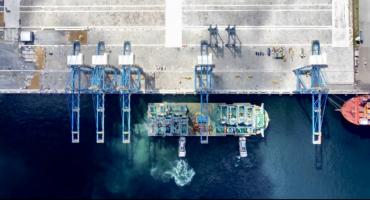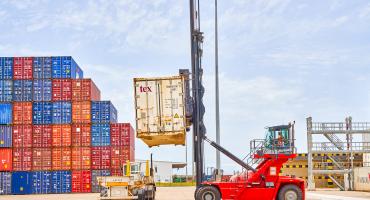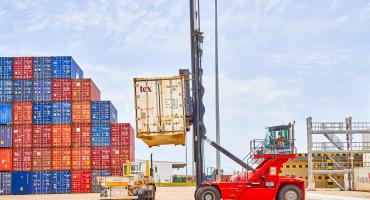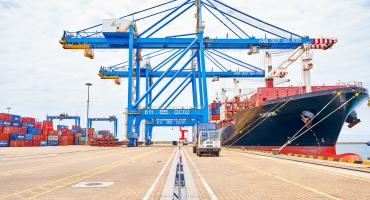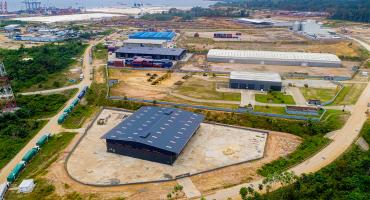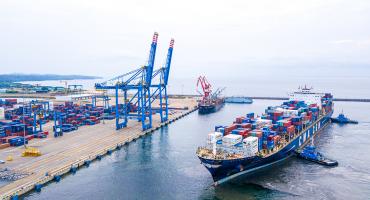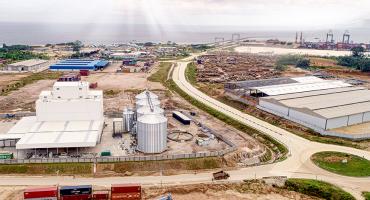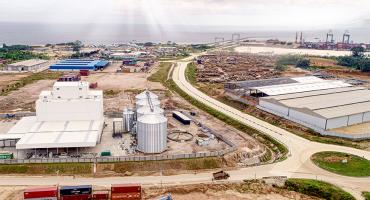The shipment was handled and processed rightaway by logistic operators and the customs administration and delivered in a very short time to Inoda Industries Sarl, the final client. This special treatment was due to the fact the shipment is part of the products falling under the regime of the African Continental Free Trade Area (AfCFTA), the future African common market.
Unloading this cargo under the ZLECAF regime was a first. First, for the local port authority, as it was the first time the port was involved in a free-trade import operation between two African countries. Secondly, for the South II Customs sector which smoothly carried out its first customs tariff reduction operation.
As a matter of fact, AfCFTA provides for a gradual tariff reduction scheme implemented as follows: the tariff of 90% (5,838 tariff lines) of goods will be gradually reduced, in equal annual instalment, until they are completely eliminated within 5 years for countries that are not among the least developed countries (LDCs) and 10 years for least developed countries. The tariff of 7% (408 tariff lines) of goods considered as sensitive products will becompletely eliminated in 13 years for LCDs and 10 years for other countries. The remaining 3%(175 lines) of goods will be excluded from tariff obligations and will therefore not be subject to liberalisation.
Though the customs tariff reduction operation that took place last Monday is a first for the port of Kribi, it should be noted that Cameroon has embarked on this process since October 2022. At the time, with two certificates of origin issued to the agri-food companies Cameroon Tea Estate and Ndawara Tea Estate, Cameroon made its first exports under the AfCFTA regime, exporting 38.6 kg of Cameroonian tea to Ghana. Owned by the business mogul Baba DANPULLO, these two companies me,tioned above followed the lead of the Common Initiative Group Afatex which was the first company to carry out an export operation under AfCFTA regime.
Under this regime, member States issue commercial documents, especially certificates of origin and importer and exporter declaration forms andequally ensure that their customs laws and systems are consistent with the requirements of the free-trade area.
Around 40 African countries have officially agreed to the implementation of the common economic area. With intraregional trade rate of 18% compared to 50% in Asia and 70% in Europe, Africa will thus become the second largest free-trade area in the world, with a potential market of 1.3 billion consumers.
A study of the African Union suggests that, by 2035, the AfCFTA will enable Africa to reduce poverty by 60% and generate at least 575 billion dollars.

